Top 10 Easiest Languages to Learn
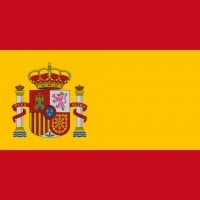
It's pretty easy to learn there are a lot of dialects and accents/slang. In Spain, they sound romantic and elegant and in Mexico, they sound "hood" and silly
I'm learning spanish and it is one of the easiest languages in my opinion. Almost everything is pronounced just like you'd say it in English, the grammar isn't much worry, there aren't many accents and it's easy to listen to once you've learnt it. That being said, Spanish is the 2nd most spoken language, so I think everyone should try to learn it, because it's useful AND easy!
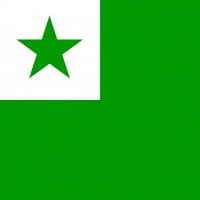
The clever use of morphemes means it's easy to multiply your word knowledge from a single root form because all the endings are regular. You can't do that in English. For language learners, Esperanto makes the right choice as it gives you the tools to learn languages quickly. One TED talk compares it to a recorder versus a bassoon. One is easier than the other, teaches you about music and allows you to get on playing. If the goal is to connect the world and not get stuck in localized nuances, Esperanto is the best choice. I'm on the Duolingo Beta class and it's just so much fun. I don't remember having so much fun with languages!
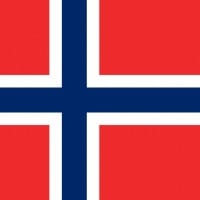
I'd say Norwegian, at least for Indo-European language speakers.
Germanic languages have easier grammar (except for word order) than Romance languages, which have endless tenses and ways to conjugate verbs.
It's like Danish, but with easy pronunciation.
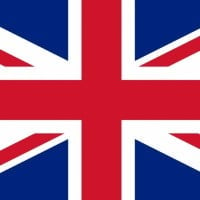
English isn't actually the easiest language to learn for foreign language speakers, but is easier for those who speak languages more related to it. English is influenced by all languages on Earth, from French, to Greek, to Japanese, so English is a very diverse language. Although we have a developed alphabet, grammar can be difficult for foreigners. There's homonyms, nouns that are the same thing when written in plural, contractions. etc.
English is basically the only language I speak (although I can understand some Tagalog and Spanish), and I still don't understand the tenses of the word "lay" and how to refer to two people, including yourself, possessively (mine and yours? ).
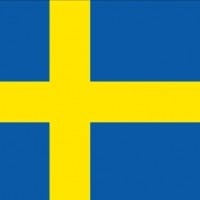
The grammar and sentence structure is quite basic for a native English speaker.

As an Indonesian I have to say that Indonesian is the easiest language to learn. I have learnt, and, to some extent, spoken an awful lot of languages: English, Chinese, French, Italian, Javanese, and Finnish. By far, Indonesian is the easiest to learn because the grammatical structure is the simplest I have encountered. The other languages, especially English, Italian and French, have a lot of exceptions and/or rules that just have to be memorised. In Indonesian, you can scramble the parts of the sentences and it still makes sense. Secondly, in an effective (daily) conversation we use only 500-1000 unique words, albeit having a whole more than that in our dictionary. We tend to keep our sentences short and simple, even in written form.
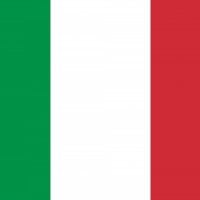
Easy tio learn with just 10 words maximum you speak well Italian, words like: Money, mama, home, pasta, pope, vatican, housewife.. It's an obsolete language spoken just in some Italian restaurants back kitchens or in Italy by Italian people only.
Hi, I'm Iranian and I speak Persian, English, French, and Italian. I think Italian is the best and most beautiful language in the world...
It's a beautiful language, surprisingly not a lot of people learn. More beautiful then Spanish or French
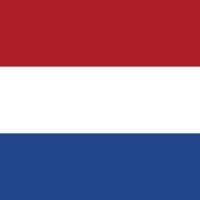
Seriously? Wasn't Dutch supposed to be the hardest language to learn, next to English? You know, extremely irregular grammar rules and stuff...
Sure, it's particularly similar to German and English, so that is nice for those people >. >
Dutch happens to be my first language, so I might not be the best person to judge (Latin languages would obviously be way harder for me personally), but still...
It's not a beautiful or useful language but its easy to pick up. It reminds me of German
I find Dutch very similar to English. So if you already speak English, learning dutch would be very easy for you. Good luck -)
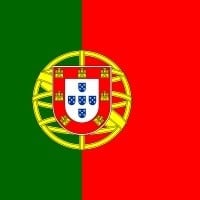
Portuguese is easy for english speakers, and for spanish speakers too.
Easier than english, in my opinion, I learned english with 5, portuguese with 2. I'm not from US or UK.
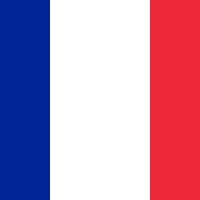
I myself learn French and I have experienced it to be very easy. If you are an English speaker, then it will be way too easier for you. The only problem is vocabulary and verbs. If you master them then everything else is absolutely EASY!
Verb conjugations are pretty simple and so is most grammar. If you know at least one Romance language it will make the others so much easier because they are extremely similar.
Everyone says French is easiest because it's so commonly taught. It was the only foreign language I was ever taught in school, and even after all of that, I'm still terrible.
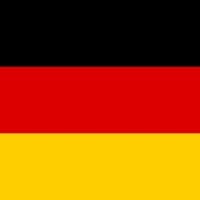
This should be higher on the list and the fact that it is not in the top 5 saddens and disgusts me.
German is acually not easy because if you say "Die Auto" then nobody will know what you are saying and if you say "Das Auto" then it is correct.
German is pretty easy. There isn't much rules, unlike Other Languages.
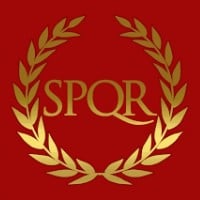
I think Spanish should be in number 3 to 5 cause I learned it in 2 months it is WAY to easy
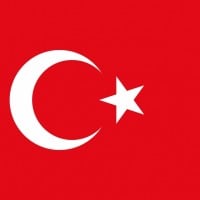
When you finally grasp the word order, which is subject; object; verb, unlike English (which is my native language), in which English has subject; verb; object. Once you learn that, you can get into the language and it becomes very easy. There are no articles (a, the), which makes it a lot easier because it seems to indicate to no gendered articles (le, la, un, une, una, lo, die, der, das, more gendered articles.) And overall it is a beautiful language.
Notice how everybody who says English is the easiest are the ones who learned English before any other language.
English is my first language, but I can tell you that for others, it's probably nowhere near the easiest.
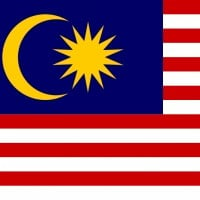
Super easy! Everything you spell is everything you say!
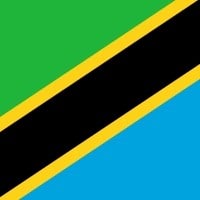
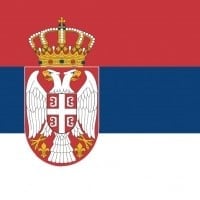
I'm Slovenian and it's easy to speak Serbian to me because our languages are very similar.
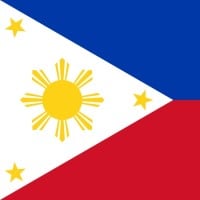
A bit of complicated to this language. Since I just remember that I travel here. 4 years ago I traveled to Philippines to taste some street foods so...I taste them it was so delicious but not only ISAW in Philippines that thing is horrible and sounds like a chicken intestine or something else. In July 2,2016. I was practicing learning a Filipino language that I begin to speak and that was an amazing language!
Actually, Tagalog is easy but hard. Yeah, it is complicated, but sometimes it's easy, sometimes it's hard.
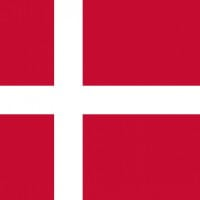
Other than the pronunciation, the grammar is very close to English. And where it does differ the difficulty is either on par with English or even easier. Verbs only decline through tense and not by person, the definite suffix takes a bit of getting used to but it's a minor thing. The only difficulty is remembering a word's gender really. The pronunciation isn't even too bad once you get used to it.
Bull! As a dane who grew up in England, I can reasure you that danish is very difficult. There are a ton of silent letters and you can't tell how to spell something by hearing the word. And we say our Numbers "five and ninety" which is absolutely ridiculous.
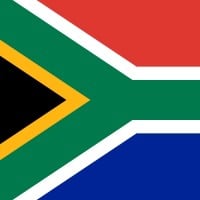
Not a very well known language, but very easy to learn considering the shared use of Gemranic and Latin roots and practically no genders or conjugations.
Afrikaans literally came about as a simplified Dutch so it would be easier for natives to learn.
Its grammar is easy, verbs never change, only two irregular verbs, no genders and similar to German, Dutch, English and Swedish. And it's spelling is simple as cake
One of the easiest languages to learn if you speak a Germanic language.
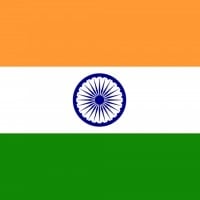
I understand but it's hard to speak it and also I can't write hindi or sanskrit

This language is basically useless, but it is undoubtedly the easiest to learn. The grammar is ridiculously simple, and there are only about 120 to 130 words.
You can't get much easier than this. 120 words, extremely simple grammar. How us this below Latin?
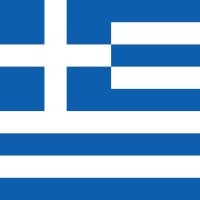
I speak greek and believe me I still make mistakes. Is very hard
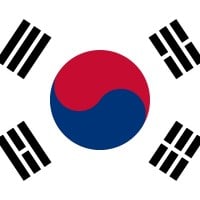
This is the fifth or fourth HARDEST language in the world. NO WHERE NEAR the easiest! It has no relation to any European language. So anyone with a European first language should find this language exceptionally hard. Different speaking, grammar, writing systems, cases, the list goes on and on!
Once you get past the conjugation system, its pretty easy. It's kinda like English except there aren't any exceptions to grammar and spelling rules so its easier than English. Korean doesn't have articles, or two different pronouns like "he" or "she".
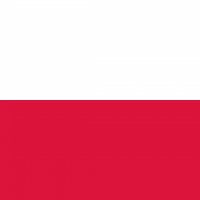
Not the easiest, but not as hard as people say. Grammatical cases aren't that hard (except with numbers, but even Poles mess that up all the time) and don't bother learning the endangered Vocative. The Past Tense is so easy and the pronunciation isn't that hard either. Not every word is as hard as "Cześć". It's just a coincidence that "Hi" is hard to pronounce.
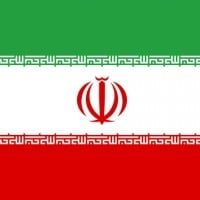
I don't think it's the easiest...but much easier than most people will expect. Persian is not at all related to Arabic (a very difficult language for English speakers). Persian is an Indo European language, the same language branch as English. It is a lot closer to Indian languages though. Persian has a little bit of Arabic vocabulary because of Arabic invasions, not because of having the same roots.